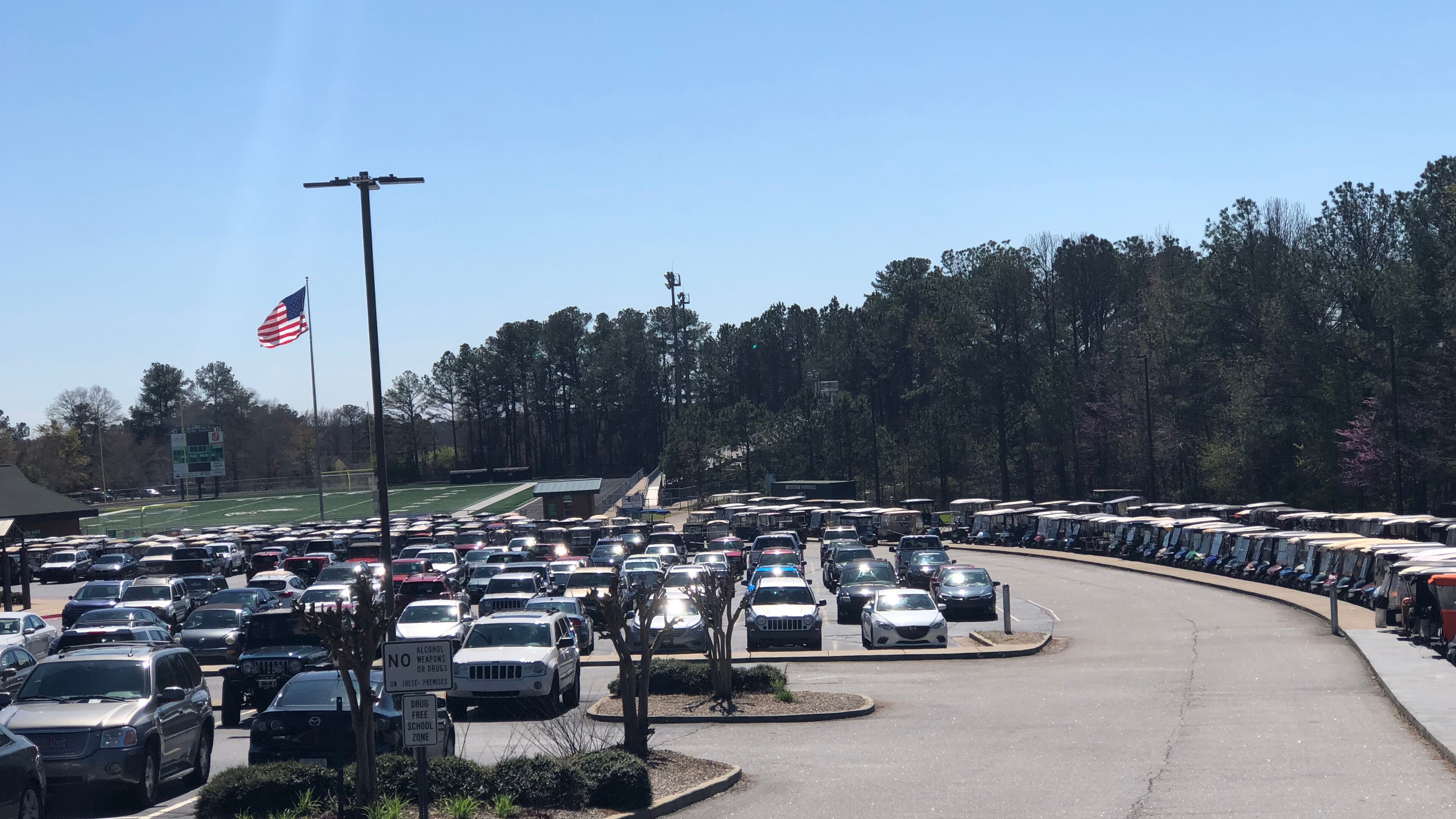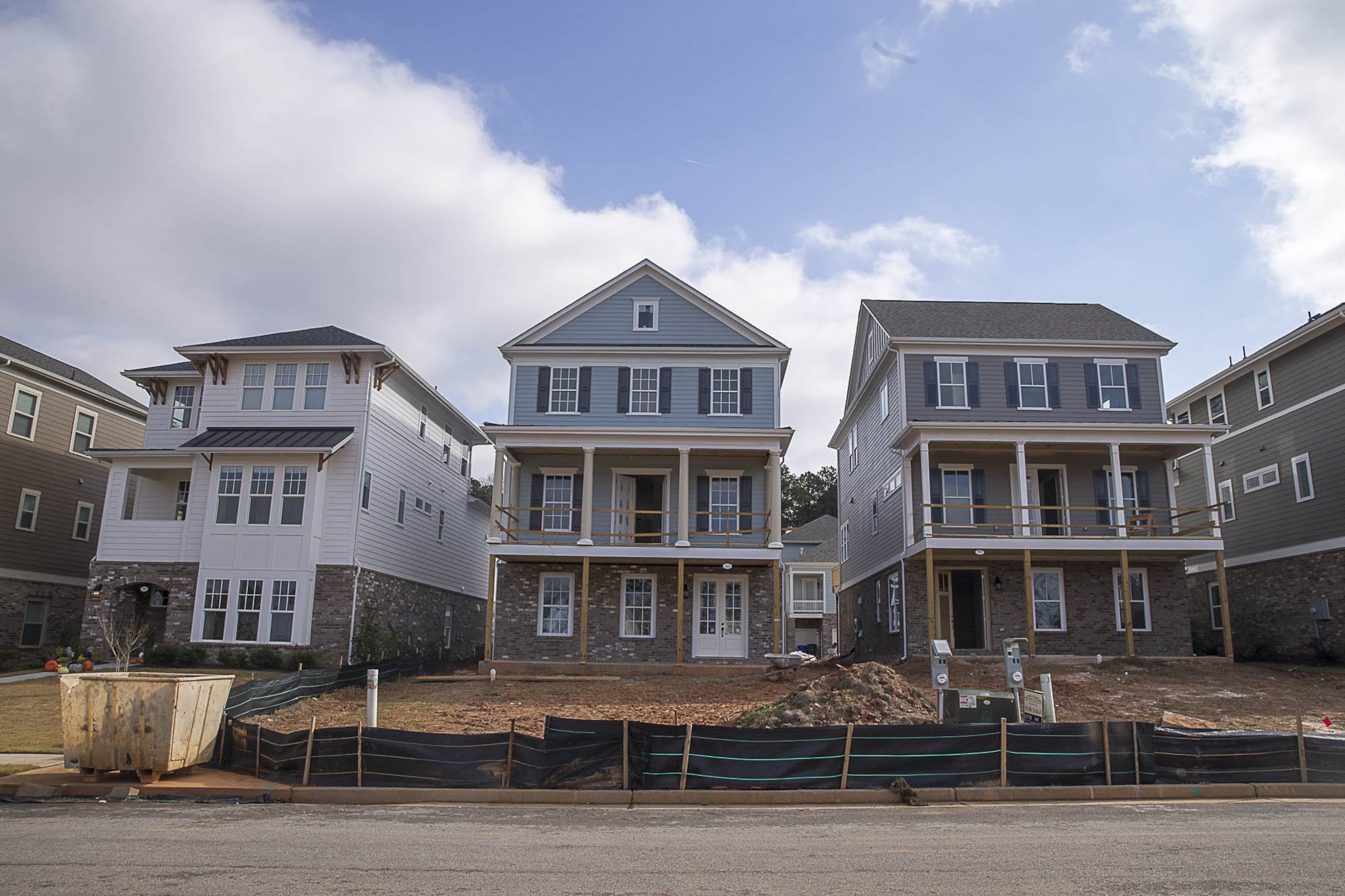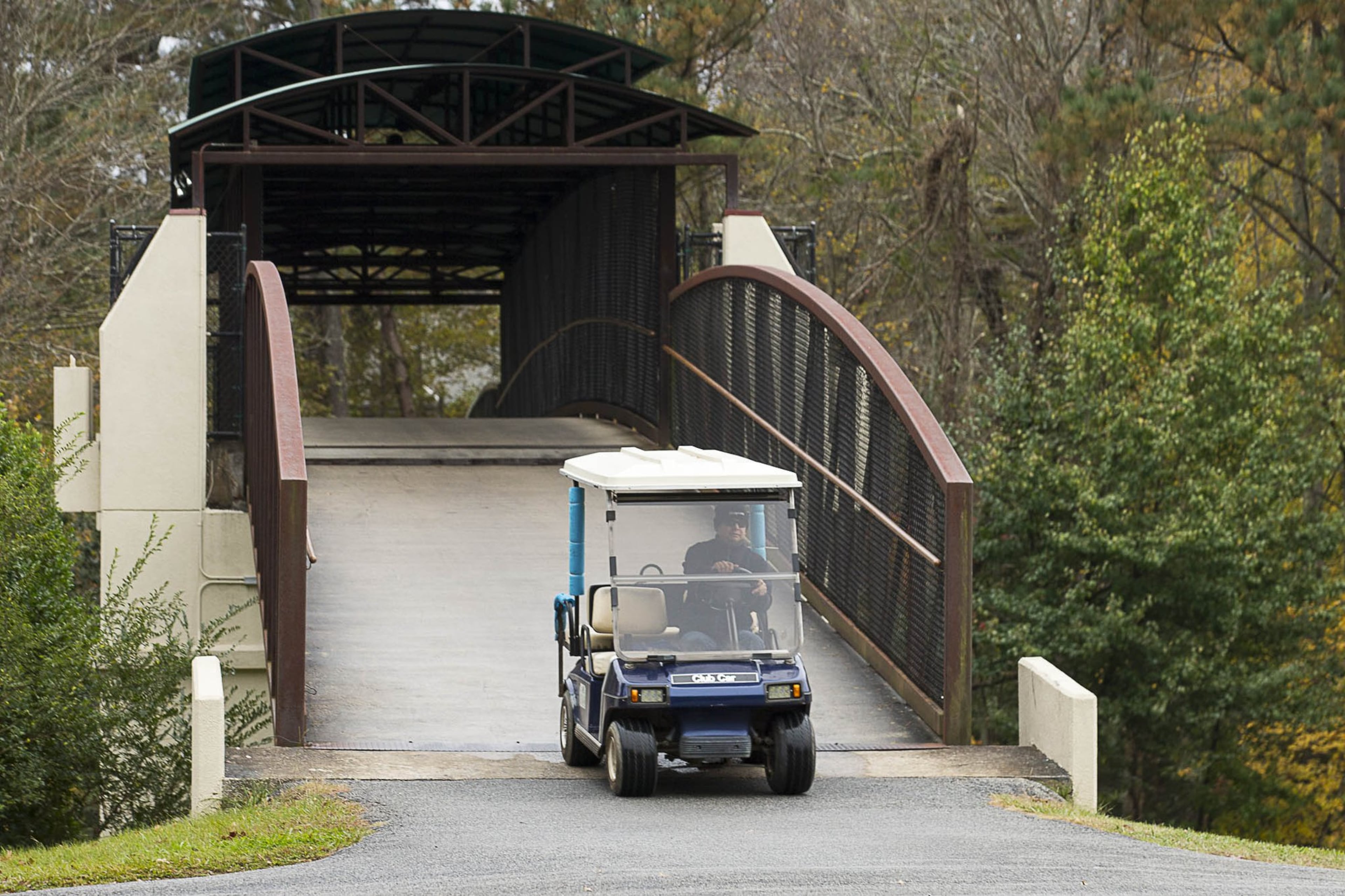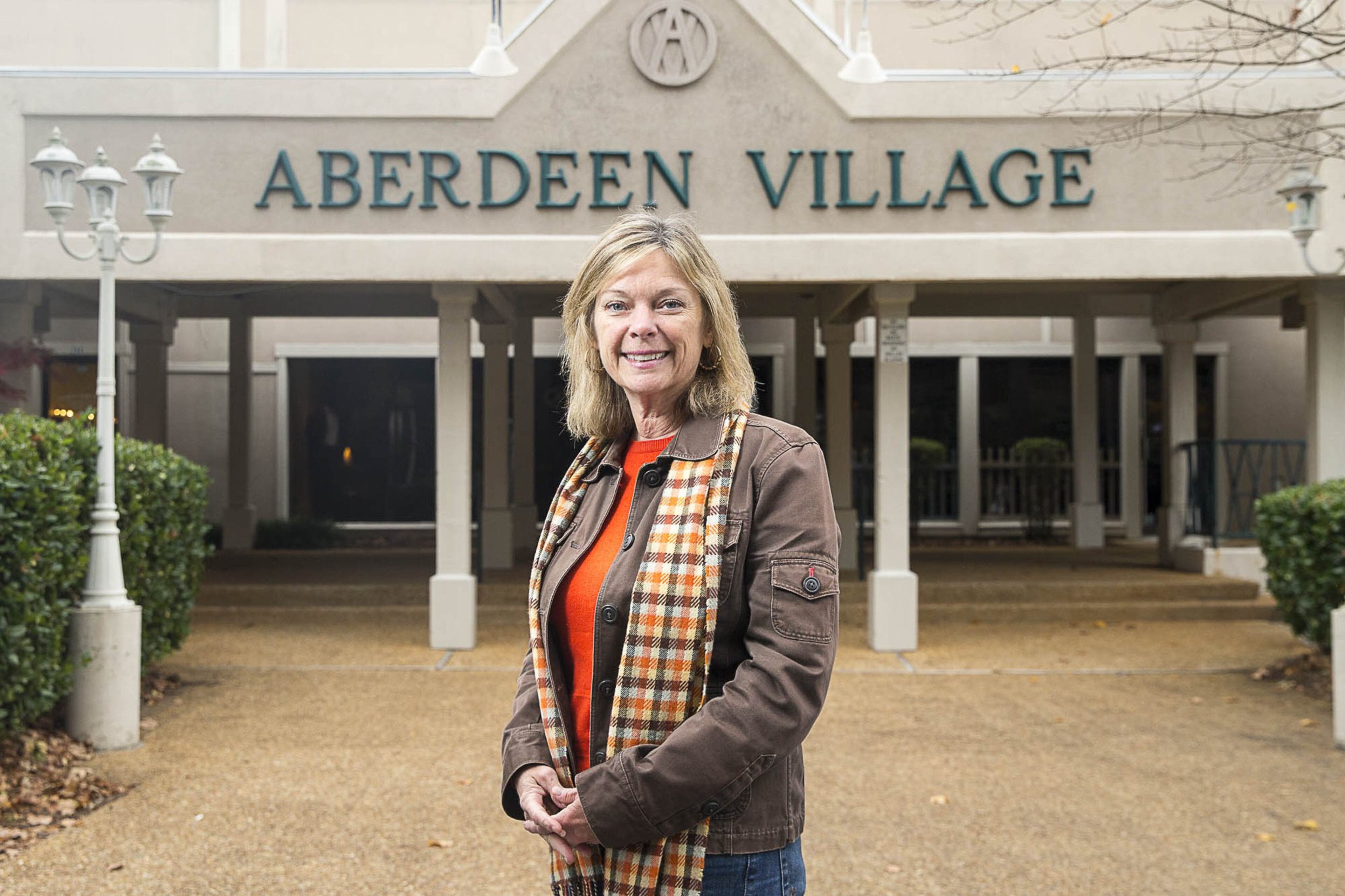Peachtree City considering growth options as it faces land crunch

As Peachtree City gets set to turn 60 next year, the planned community in Fayette County faces a dilemma that even the best smart growth strategy may not be able to avoid.
Forged from a patch of wilderness that the General Assembly chartered as a city in March 1959, the community over the decades created its own carefully crafted version of the suburban “dream city,” as its founders originally dubbed their idea. It became a place where golf carts share the streets and Delta Air Lines pilots go to rest at night.
But the popularity of the plan now demands town leaders confront a new challenge that could test the community's boundaries as well as its identity: What to do as the city runs out of space?
VIDEO: More on metro Atlanta suburbs
The city is close to being "built out," leaders say, and that has the town of 35,000 pushing plans to annex into Fayette County to keep growth from sputtering. It's also helped spur conversations about constructing mixed-used developments that feature houses with smaller footprints like condos in a way that might not have happened in the past.
“We’re at the beginning stage of some of this,” Peachtree City Mayor Vanessa Fleisch said of the new plan to possibly redevelop parts of the city with mixed-use projects. “We’re being very intentional about the annexations. You do it for a reason, not just because you want to get big.”
Peachtree City leaders know they face the balancing act of maintaining the city’s character while also adapting a planned community to meet the changing times.
That's especially important because the addition of Pinewood Studios — the home of Marvel's "Captain America" and "Avengers" franchises in nearby Fayetteville — has led to an explosion of newcomers interested in Peachtree City, many of whom don't always need the big golf course homes that are the signature of the community.

"Society as a whole has changed away from wanting the bigger houses," said Peachtree City Councilman Phil Prebor, who added that townhomes are very popular in the south metro community. "People are looking for lower maintenance houses and easier living. It's not just Peachtree City, it's also at The Battery where the Braves are. We're thinking we can adapt to that."
For instance, many of the shopping centers that were the central hub of Peachtree City’s five villages design when the community was formed in the 1950s are dated and their redevelopment could usher in new definitions of housing in a community that has prided itself on 5,000-square-foot homes on acre-sized lots.
A recent proposal floated before the City Council considered updating one of the city’s oldest centers — Aberdeen Village — by redeveloping it into a three-story “city center” retail and residential destination with stores on the bottom floors and homes on the top. Think Avalon in Alpharetta.
Ellen Dunham-Jones, a professor in the school of architecture at Georgia Tech and expert in urban design, said Peachtree City is not alone in facing the growth challenges.
“I certainly do see more and more communities recognizing that they’re basically “built out” and the best way to grow is to redevelop under-performing properties,” she said. “Most often those are former industrial or dying retail sites.”

Not everyone is on board with the changes. Fayette County Commissioner Steve Brown, a former mayor of Peachtree City, said the town should proceed cautiously. He said there is a lot of chatter that Peachtree City needs to "build up," which in Fayette County is code for apartments. While Peachtree City has a handful of apartments, most residents disapprove of building more.
“I would prefer that we stay out of the apartment business,” he said. “They really become blighted very quickly if the ownership is not up to very high standards.”
Some Peachtree City residents have already pushed back on new development proposals in the annexations. At a Peachtree City Council meeting in mid-November, residents of the affluent Smokerise Plantation Homeowners Association sought to delay a plan by their neighbor, Scott Bradshaw, to develop a 28-acre parcel in the county. Their issue: the development, which would include office space and about 27 homes on 1-acre lots, would bring more traffic to their community.
“Residents are presently fearful for the safety of their children waiting for school buses and concerned about safety in retrieving mail from mailboxes,” residents Morgan Hallmon told the council members, which ultimately approved the plan.

Frank Destadio, chairman of the Peachtree City Planning Commission, pushed back on assertions that the community is running out of room. He pointed to a slew of houses being built on the north and south sides of the city, saying that construction has been healthy.
He agreed, however, that Peachtree City is making sure it has a diverse stock of housing, from homes on half-acre and quarter-acre lots as well as townhomes to make it easier for empty nesters or those looking for a more maintenance-free lifestyle to find something that fits their needs.
“We see significant growth of townhomes and smaller-lot sized home for sure,” he said.
Kim Learnard, a former Peachtree City Councilwoman, said the city has always been flexible, even if it's not apparent to outsiders. While the bigger lots may seem to dominate, the city has been mixing up the type of housing stock it offers for decades.
But running out of room is forcing the city to be even more creative as it approaches its next phase, she said.
“This is what a successful city looks like,” she said.


